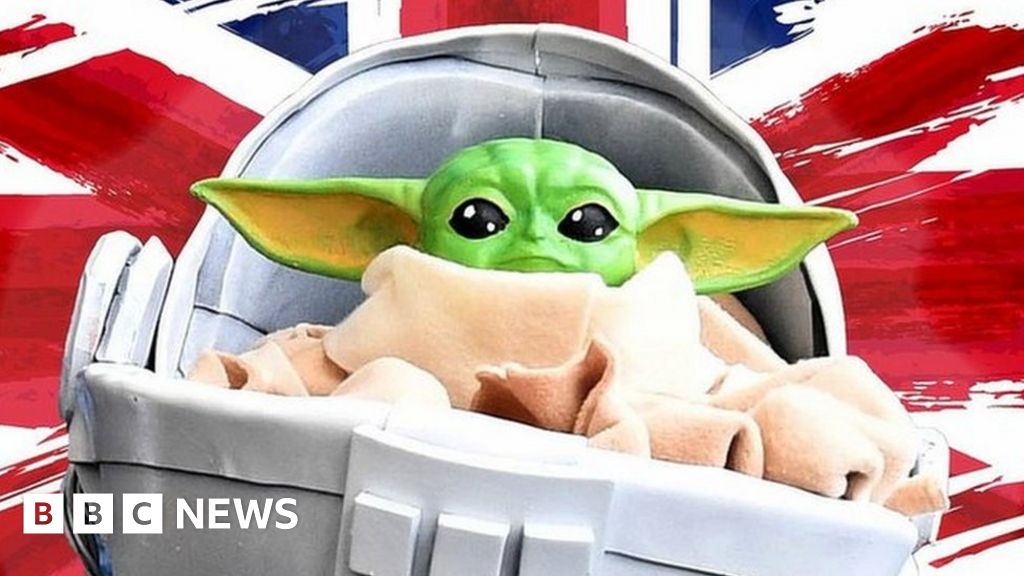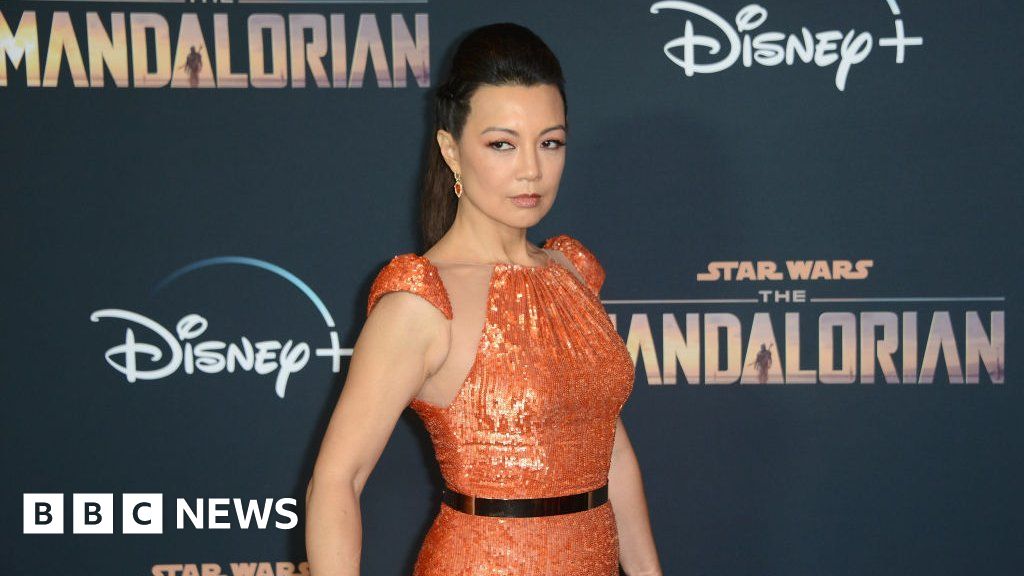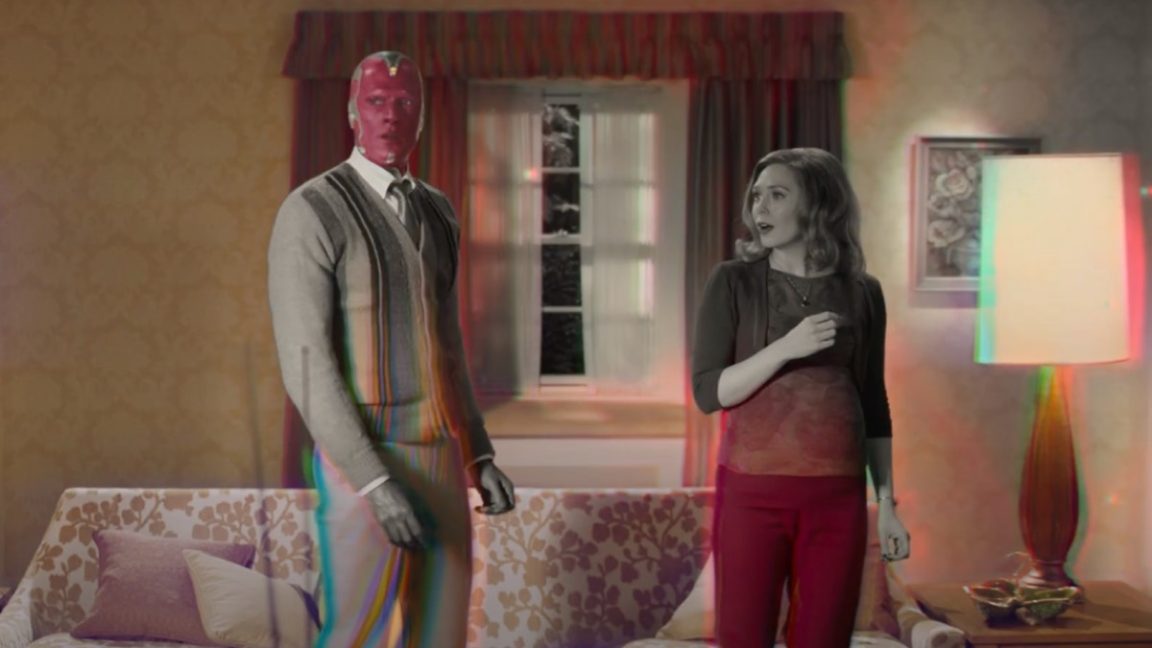Alongside word that Netflix also saw fairly slow growth in its quarter, the news suggests that there is, in fact, a limit to the explosive growth that streaming platforms have experienced amid the COVID-19 pandemic. Still, Disney is staying the course with its current strategy of pumping out TV series in established Disney brands like Marvel and Star Wars, as well as releasing new motion pictures on the platform at the same time they premiere in theaters.
Speaking to investors, Disney CEO Bob Chapek pointed to the Star Wars TV series The Mandalorian as evidence that launching new properties on streaming services can be successful, noting that merchandise sales related to the show were "extraordinary." (In other words, people are buying a lot of Baby Yoda plushies and the like.) As such, live-action Disney film Cruella, Marvel movie Black Widow, and Dwayne Johnson vehicle Jungle Cruise will be released simultaneously on Disney+ and in theaters, even as most theaters in the United States have now reopened as vaccination rates in the country rise.
At least on the business side of things, this subscriber tally is widely seen as a significant disappointment and a worrying trend for Disney's goal of streaming dominance. For example, financial publication CNBC described Disney's slowing subscriber growth as "Netflix-itis," given that Netflix also has struggled to keep the wheels turning as fast as they used to. Disney+'s situation is arguably more concerning, because Disney+'s monthly fee is already quite low at $7.99 per month, inclusive of UltraHD streaming—less than Netflix's $8.99 for SD, $13.99 for HD, and $17.99 for UltraHD. That doesn't give Disney a lot of flexibility.
Still, Disney+ is one of the most successful streaming services, and it's a testament to that success that it is even compared directly to Netflix. Most other services like HBO Max or Paramount+ have far fewer subscribers than either Disney+ or Netflix.



